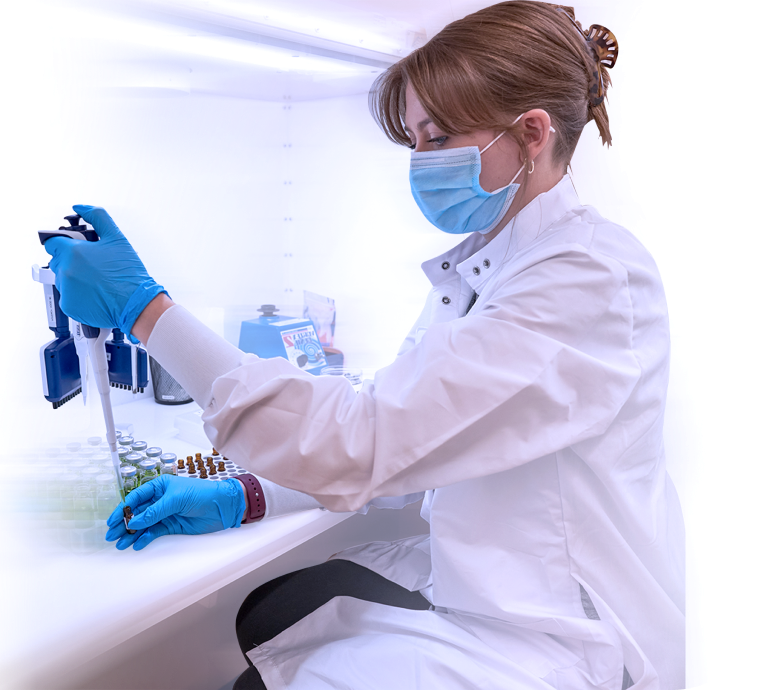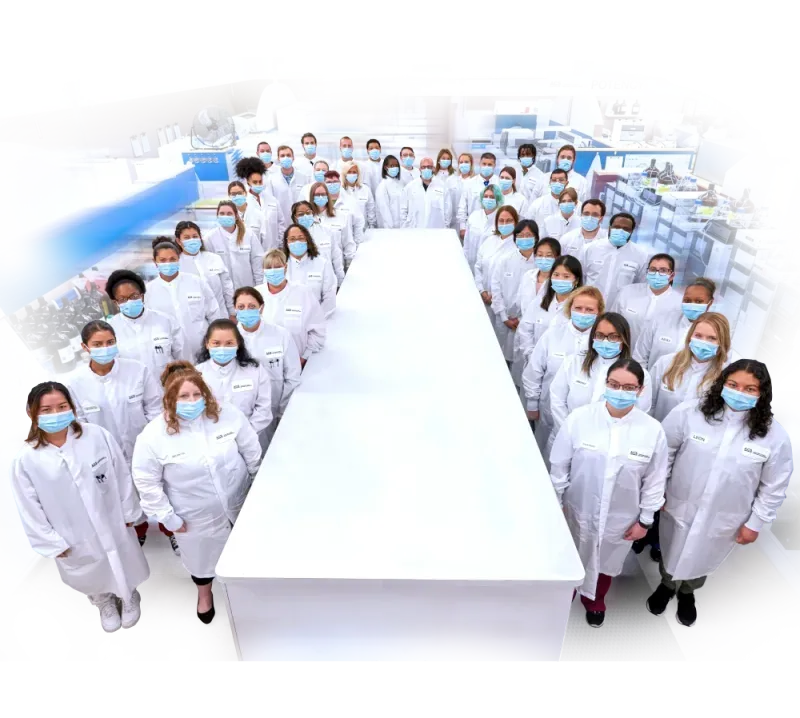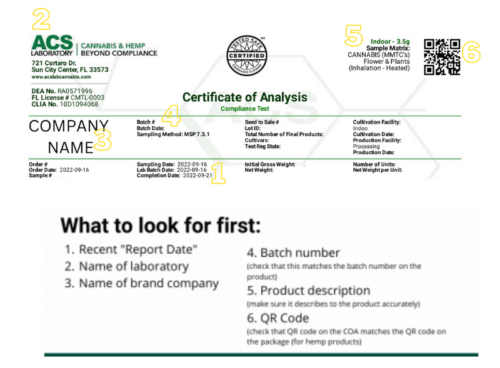What we do
Compliance
and beyond
Based on national compliance regulation criteria your customers will know that your product meets the strictest guidelines in the United States, and has been tested by the most trusted 3rd party.

ISO/IEC 17025:2017 Accredited by A2LA #6786.01, DEA Registered (#RA0571996), and CLIA licensed with the largest state-of-the-art facility in the eastern USA.

What is a COA?
Certificates of Analysis (COAs) verify that a licensed third-party laboratory has tested the products for all required potency and quality tests. More importantly, COAs prove that products’ contents match their labels’ claims. Brands are increasingly publishing COA results, strengthening consumer trust and education.
How to Read a COA
Transparency is key to raising the bar on this industry’s quality and safety. Still, most consumers aren’t familiar with laboratory reports and may not know where to start. That’s Our user-friendly COA and How to Read a COA guide seeks to solve that issue.
Step 1

It’s essential to reference the COA Header first because this section confirms the identity of the product and testing laboratory.
What to Look For
Report
Date
Consumers should check the report date to be sure that the results are recent and relevant.
Laboratory
Name
The third-party laboratory’s name should be listed prominently so that customers can verify the lab’s existence and credentials.

Brand and
Product Name
Customers should cross reference the COA’s brand and product name against the label description to be sure they match.
Batch Number
and Description
The batch number and product description should align with the item in question.